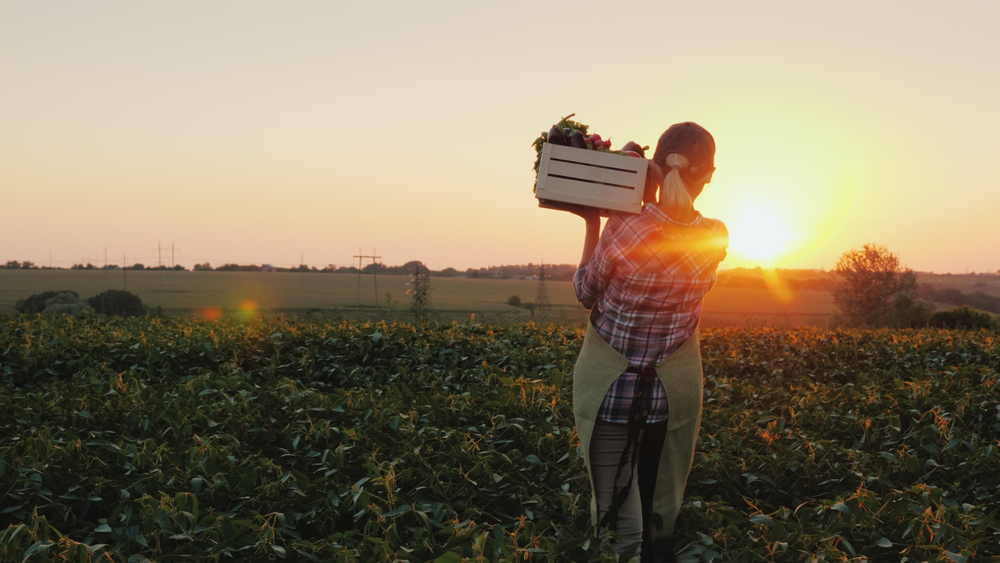We romanticize farms. Blame movies, commercials, or childhood picture books, but most of us imagine them as quiet, scenic places filled with sunshine, hay bales, and gentle animals. I was no different. So when I was offered the chance to spend a full day working on a dairy farm, I expected something wholesome and maybe even a little relaxing. Instead, I got a serious wake-up call. Farming isn’t a pastoral escape, it’s a physically demanding, mentally draining, round-the-clock job that tests your limits in ways I never expected. I left that day with a sore back, mud-caked boots, and a completely different view of what goes into a single glass of milk. This isn’t a story about cute cows and countryside charm. It’s about the grit, resilience, and reality of modern dairy life.
1. A Picture-Perfect Farm? Not Exactly
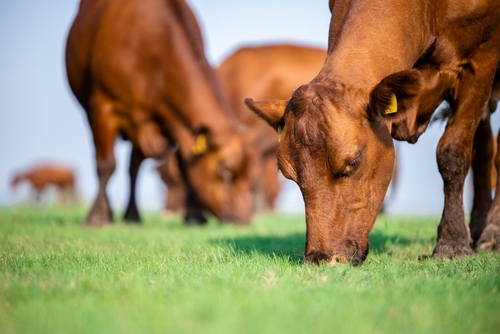
Driving up the gravel road toward the dairy farm, I felt like I had stepped into a painting. The hills were green, the fences white, and cows roamed freely beneath a blue sky. It looked peaceful, wholesome, almost too good to be true. But within ten minutes of arriving, I realized I was in for something very different. The smell hit first. Then came the early morning chaos. There were cows mooing to be milked, machinery humming loudly, and workers already knee-deep in chores. I had barely introduced myself before I was handed rubber boots and told to keep up. This was not a backdrop for Instagram photos. This was a high-functioning operation with no time for romanticized daydreams.
2. Up Before the Sun, With No Time To Waste
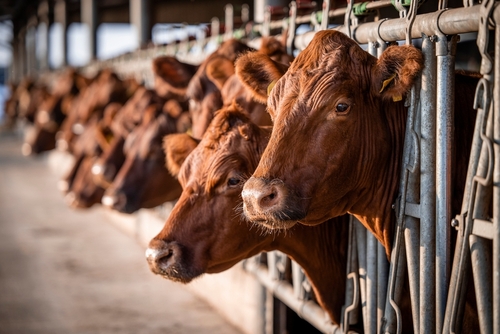
My day officially started at 4:45 a.m., but the farmers had been awake and working since around 3:30. They don’t hit snooze. They don’t sip coffee in bed. Morning on the farm means hitting the ground running. The cows operate on a schedule that doesn’t care about how little you slept. Inside the milking parlor, the air was thick with steam and the sound of machines pulsating. I was given gloves and told to follow a worker who showed me how to clean the cows’ udders, attach the suction cups, and monitor milk flow. Each cow has to be moved, prepped, milked, and released, over and over again. With more than 200 cows on this farm, speed matters. You move with purpose or get in the way. I was immediately both humbled and breathless.
Read More: 5 Ways To Use Buttermilk In Your Kitchen
3. Cows Are Gentle, But This Job Isn’t
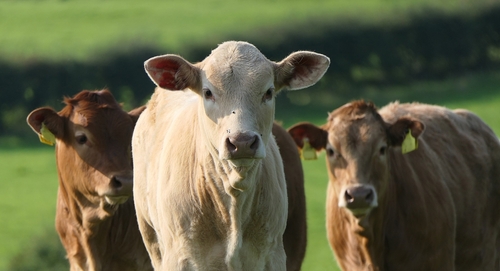
I’ve always thought of cows as calm creatures, and for the most part, they are. But they’re also massive, unpredictable, and far stronger than they look. One wrong move and your foot gets crushed, or worse, you find yourself pinned between a gate and 1,400 pounds of confused animal. During milking, one particularly stubborn cow refused to budge. I tried coaxing it forward gently, but she had other plans. A moment later, she stepped sideways into my shin and I lost my balance, landing on my backside in a puddle of who-knows-what. The farmers laughed, not to be mean, but because this happens all the time. It’s just part of the rhythm. And like them, I had to learn to laugh it off, stand up, and keep going.
4. The Smell Is Relentless
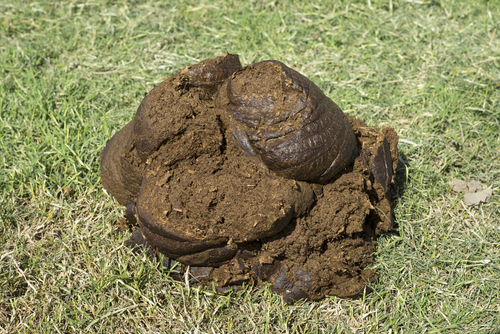
You can prepare mentally for waking up early. You can brace yourself for hard labor. But nothing truly prepares you for the relentless, inescapable smell of a dairy farm. It’s not just manure, it’s a mix of fermented silage, cow sweat, old hay, disinfectant, wet dog, and something sour you can’t quite name. Within an hour, the stench had seeped into my clothes, hair, and skin. I washed my hands four times before breakfast, but it didn’t matter. The smell stuck. When I asked a longtime worker how he coped, he shrugged and said, “You stop noticing it after the first year.” A full year? I couldn’t imagine lasting a week. But that smell isn’t just a nuisance, it’s a badge of effort, proof that the job gets done no matter how unpleasant.
5. Lunch Break? Not Really
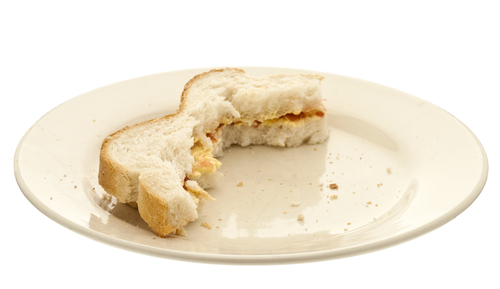
By noon, my stomach was growling and my legs were jelly. I naively assumed we’d stop for a hot meal or even sit down for twenty minutes. Instead, lunch was a five-minute pause next to the barn, two sandwiches eaten with one hand while the other held a phone checking the feed monitor. There was no break room, no microwave, and certainly no time to relax. As soon as the last bite was down, we were moving again, checking calves, delivering feed, hosing down walkways. I was still digesting my sandwich when I was handed a shovel to clear out a blocked drain near the milking shed. The farm doesn’t run on your energy level. It runs on necessity, and if you’re on the property, you’re expected to move.
6. Machines Keep Everything Running
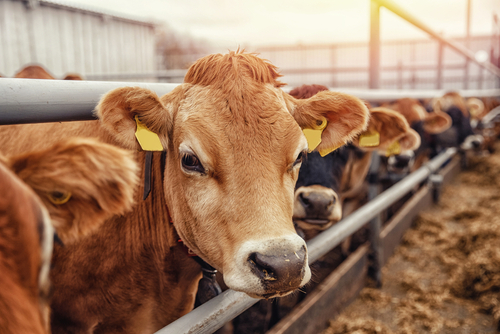
Before visiting the farm, I imagined everything was done by hand, buckets of milk, wooden stools, and elbow grease. Reality hit me hard. This farm was a blend of agriculture and advanced tech. Cows wore RFID tags that tracked their movement and milk output. The milking machines were timed to the second, and the barn’s ventilation system adjusted automatically based on humidity. One worker used an iPad to scan a cow’s health data and noticed signs of early illness, something a human eye might have missed. When the feed mixer jammed later that afternoon, the entire workflow paused until the issue was fixed. The farmer diagnosing the problem did it with grease-covered hands and Bluetooth earbuds. The tech doesn’t replace the labor. It makes it smarter, faster, and less wasteful. But it also means constant vigilance. One glitch can slow down hundreds of tasks.
Final Thoughts

By the end of the day, I was beyond exhausted. Every part of me ached, my clothes were wrecked, and my pride had taken a hit more than once. But I also felt something else, admiration. The people who run dairy farms aren’t doing it for aesthetics or likes. They’re doing it because it matters. They keep the shelves stocked, the families fed, and the animals healthy, all while braving long hours, bad weather, and an often thankless routine. It’s easy to take milk, cheese, and butter for granted when you’ve never seen what it takes to produce them. After one day on that farm, I’ll never look at dairy the same way again. And honestly? I think we could all use a little more dirt under our nails and a lot more respect for the people who live this life every day.
Read More: Popular Coffee Creamer Recalled Across The Country Due To Health Concerns
